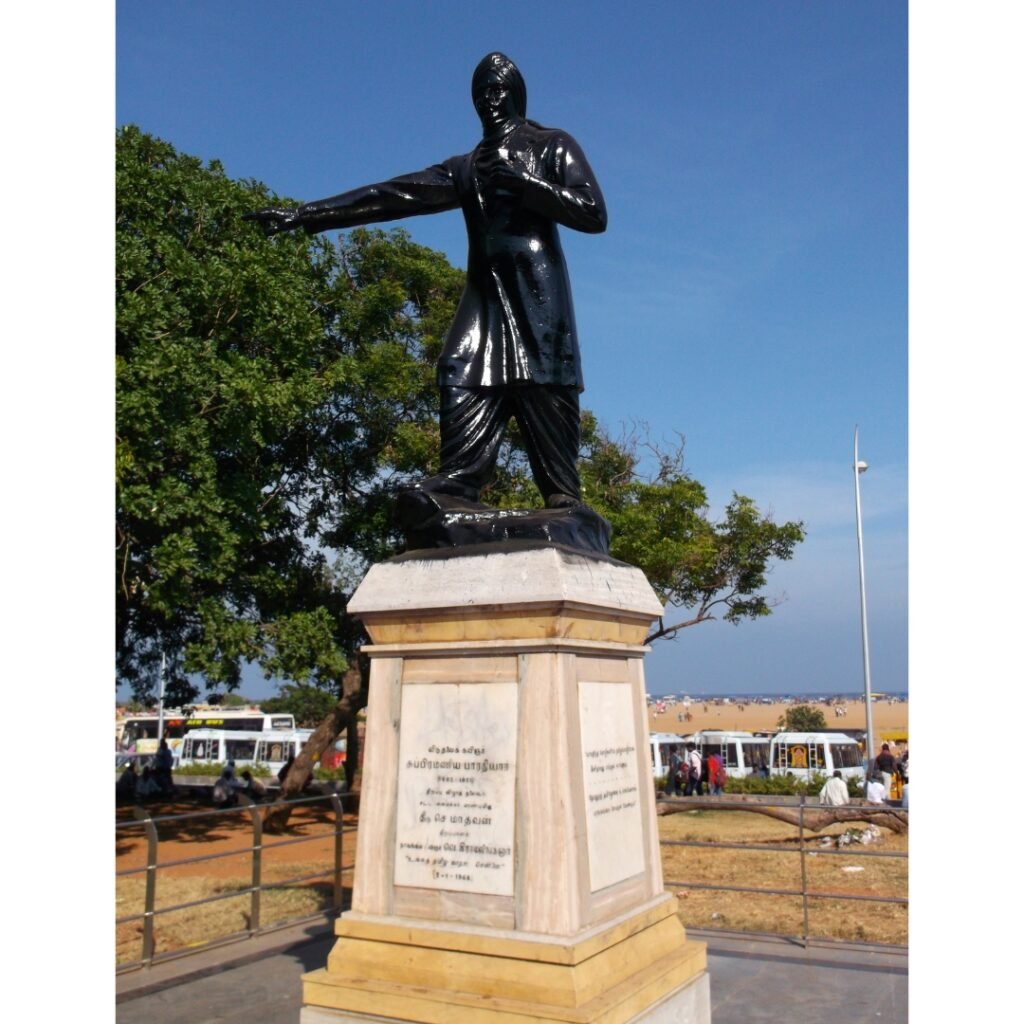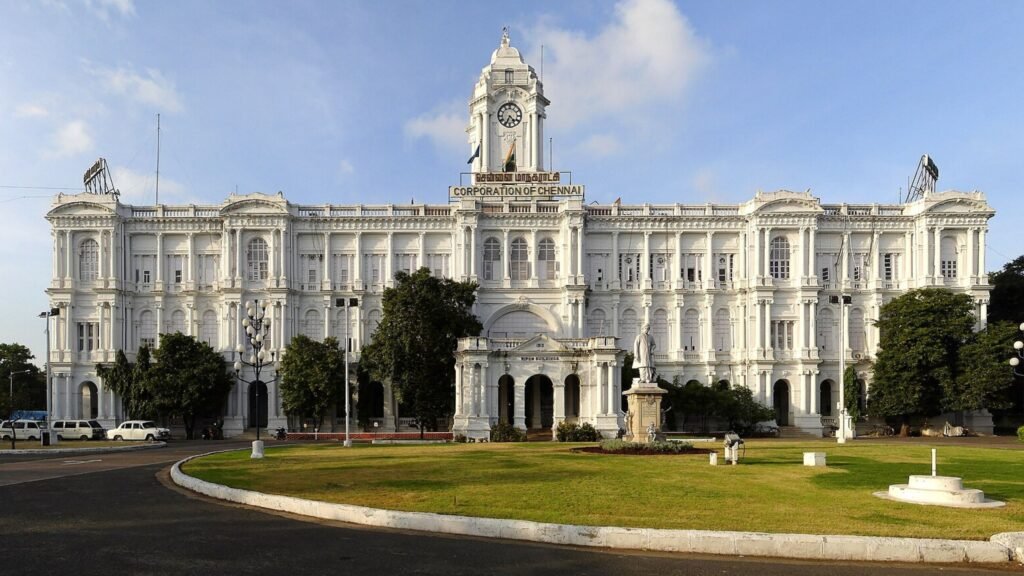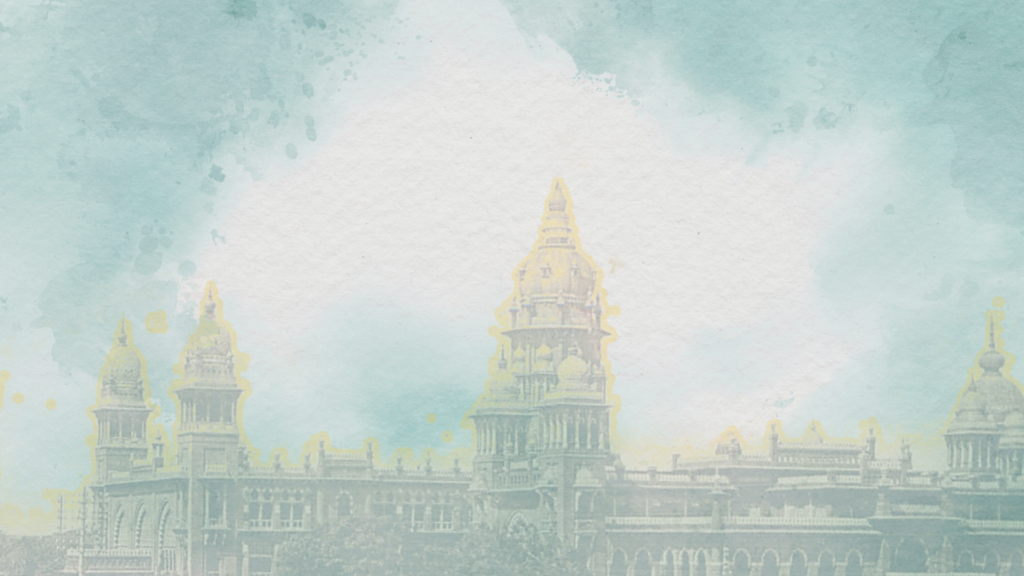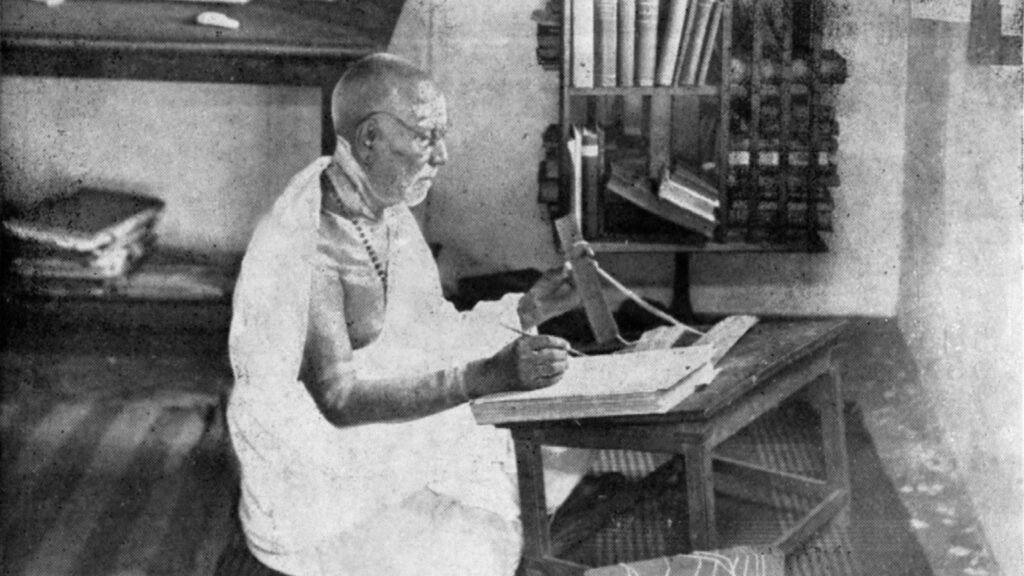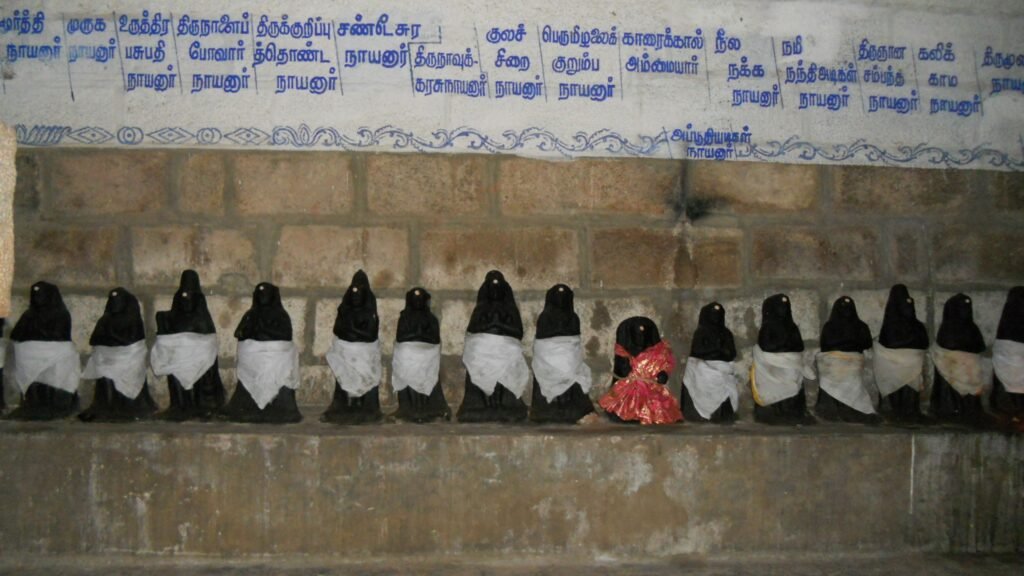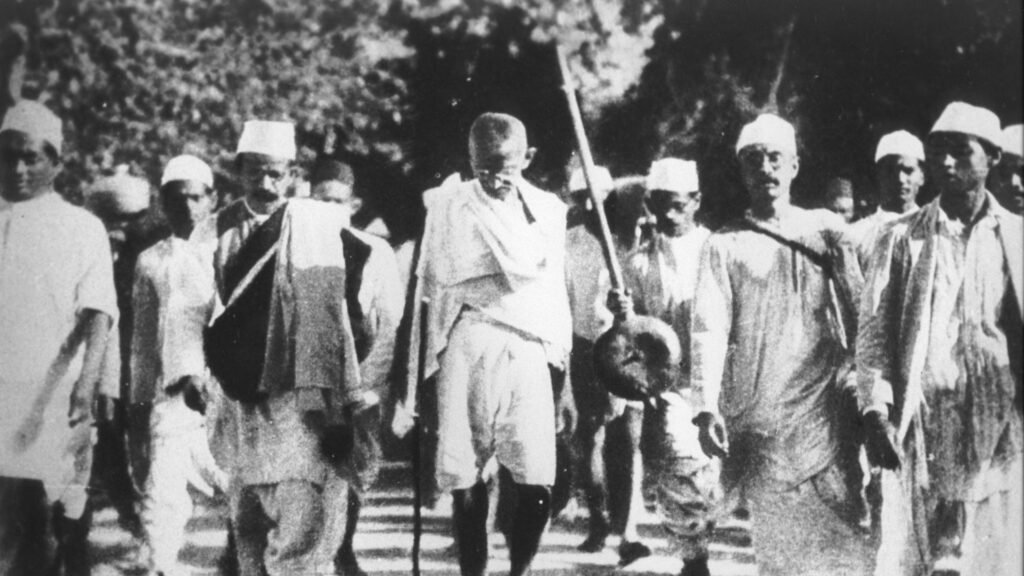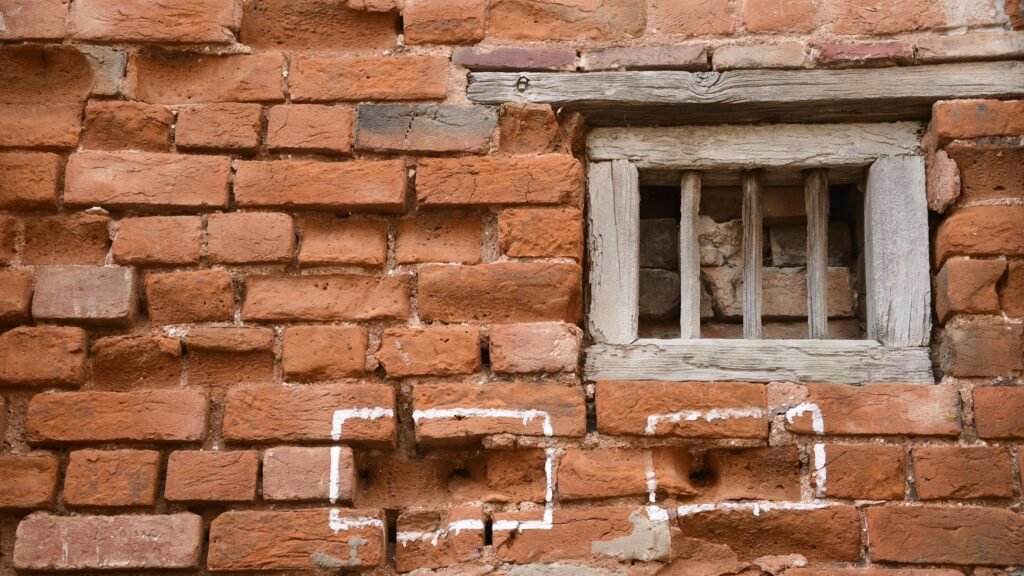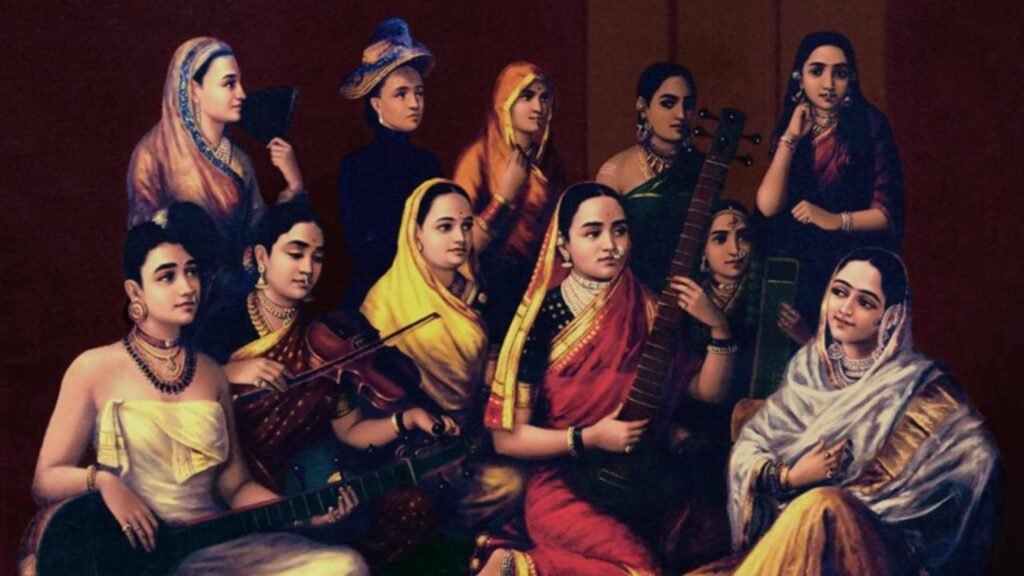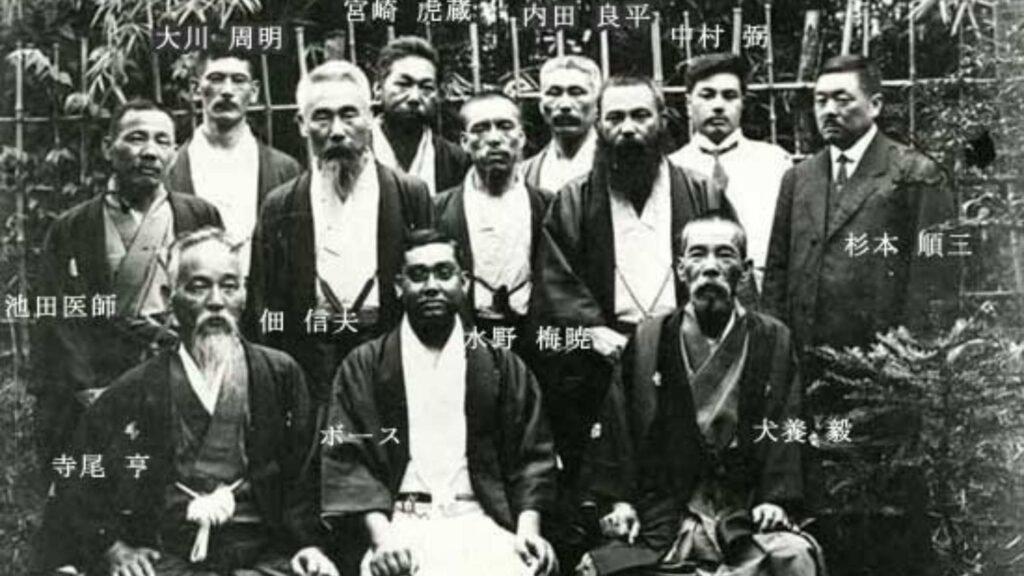What makes Pondicherry special? The quaint French quarter? The nice beach? Yes, it has all of these. But it also has a special place in Indian history. Did you know that it was a refuge for Indian freedom fighters in the early 20th century? Pondicherry was French territory at that time, and patriots fighting for independence evaded the British police by quietly slipping into Pondicherry. The French and the British were never the greatest of friends, so, Pondicherry welcomed these freedom fighters.
These patriots were mavericks, each one more amazing than the other. The poet Subramania Bharati was perhaps one of the most interesting personalities in that group. He was popularly known as Bharathiyar or Mahakavi Bharati (meaning ‘the great poet Bharati’), but he was much more than just a poet.
Born in a village in Tamil Nadu in 1882, language, poetry and music excited him from a young age. He soon mastered English, Hindi, Sanskrit, Bengali, Telugu and Malayalam. Some say he knew up to 14 languages; but it was in Tamil, his mother tongue, that poetry flowed! He was briefly the court poet of a princely state, but a palace was no place for a free spirit. A chance meeting got him a job as sub-editor of the popular newspaper Swadesamitran in Madras (present-day Chennai). Journalism became his true calling ever after.
Around the same time, he almost single-handedly ran another weekly called India. Its publisher trusted Bharati and gave him complete literary freedom. Bharati wrote about reformist ideas close to his heart: gender equality, democracy, individual liberties, inter-religious harmony, fighting caste oppression and more. These were avant-garde ideas in the conservative India of that time, and Bharati’s pen became an instrument of change. But one idea got him into serious trouble.
India was then a British colony, and Indians were second-class citizens in their own land. Bharati wrote powerful articles inciting Indians to overthrow the British. The British were naturally furious. The British Intelligence watched him closely, waiting for an opportunity to throw him into jail. Bharati outwitted them by escaping to Pondicherry in 1908, which was out-of-limits for the British police. Even today, it is a mystery how he evaded them – some say he escaped by boat.
He was barely 27 at the time. Ever the optimist, Bharati soon made himself at home in French Pondicherry. He learnt to speak French, could sing the French national anthem as well as a French person, and studied the works of French intellectuals like Voltaire, Proudhon and Rousseau. He found wonderful new friends – fellow revolutionaries-in-hiding like Aurobindo, VVS Iyer and others. Together they were constantly making plans for a new India. His 10 years in Pondicherry were the most productive in terms of his writing. Bharti wrote on diverse topics like nature and environment, love and romance, philosophy and spiritualism.
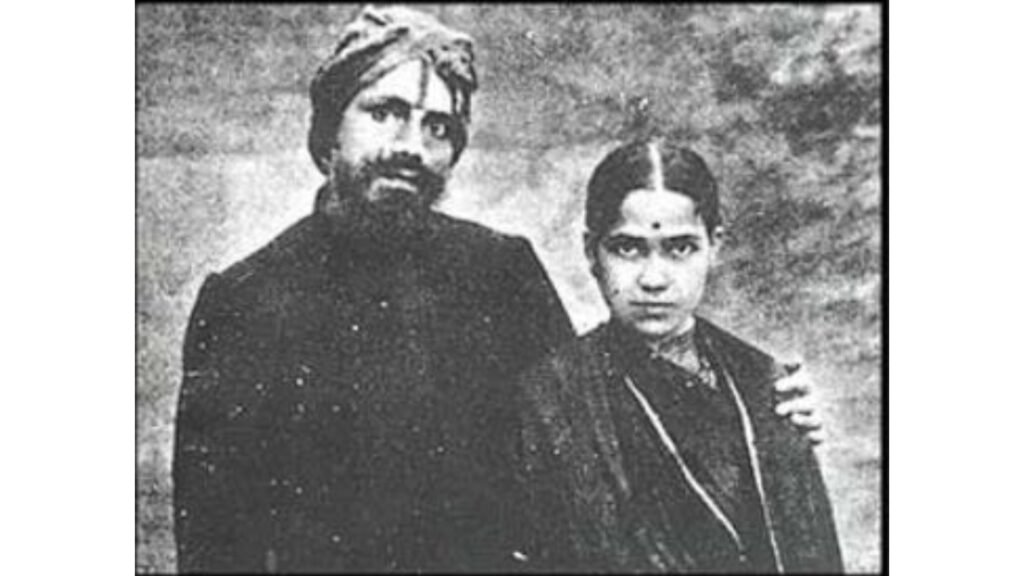
It was no holiday, though. His revolutionary work continued, as he secretly wrote articles and printed his magazine India from Pondicherry. He knew he was still being tailed by British spies. So he had to smuggle copies of the magazine by hiding them under haystacks in bullock carts to Madras.
One account says that there was one inspector, 9 sub-inspectors, 45 constables, and dozens of paid informants, all keeping a close eye on Bharati and his friends. Bharati lived in and around Easwaran Dharmaraja Koil Street. For various reasons, including security, he kept shifting houses in that area. On 22 November 1916, a violent storm hit Pondicherry. Bharati had just shifted his family from one house to another. The next morning, he found that his old house had collapsed in the storm. The ever-positive Bharati took it as God’s blessing for leading a principled life! One evening, Mrs Bharati was disturbed because she thought she had seen a prowler in the vicinity. Bharati easily allayed her fears by saying – which thief would dare burgle a house watched by so many policemen!
Unfortunately, the British identified Bharati’s secret sponsors in Madras, one by one, and threatened them. Funding for the magazine dried up. Bharati tried to make ends meet by selling his articles and poems, but that fetched very little money in Pondicherry. Sometimes, when the landlord demanded rent, Bharati would pay by composing and delivering a beautiful impromptu poem! Once, when he had no money to give the doctor who made a house call to treat his daughter, he sang one of his melodious songs as payment! But his debts kept mounting. Mrs Bharati woke up every morning to the abuses of the unpaid milkman. Soon, even Bharati’s charisma failed to save the day.
Bharati resolved to return to Madras. His loving wife and two daughters had always stoically supported him; they did not deserve this suffering. He would quit politics and direct his journalism to other themes. So, in 1918, he crossed into British Indian territory, and was immediately arrested. But now, a number of prominent figures in society came to his rescue and pressured the government into releasing him.
Bharati’s old employer, Swadesamitran, welcomed him back. He returned to the life of a normal householder. Unfortunately, it didn’t last long. In 1921, a temple elephant that he loved attacked him unexpectedly when he was trying to feed it. Weakened by years of struggle – financial, emotional and physical, Bharati died soon after.
At Pondicherry you can visit Bharati’s last house, which has been lovingly restored by the government and is a museum now. What was Bharati’s greatest contribution? He evolved a simple style of prose and poetry that was aesthetically pleasing but also rich in meaning. It aroused a liberal outlook and patriotic fervour in an entire generation of Indians and galvanised them into positive action.
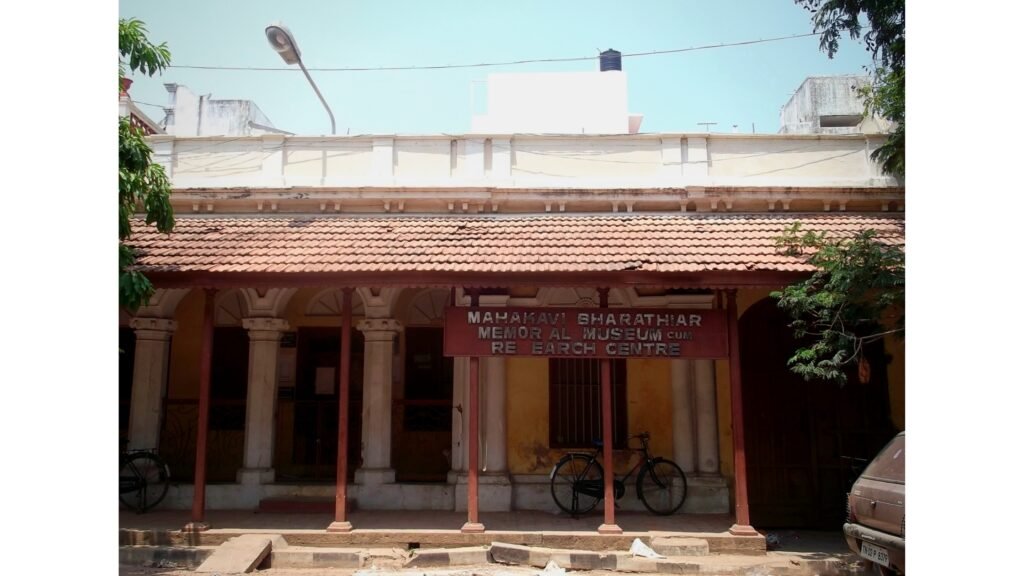
Even 200 years after his death, Bharati continues to capture Indian minds. There are streets, colonies, universities and other educational institutions all over India that are named after him. Tamil movie songs keep borrowing phrases from his poetry. The Government of India annually awards the Subramania Bharati Award to authors of outstanding works of Hindi literature.
